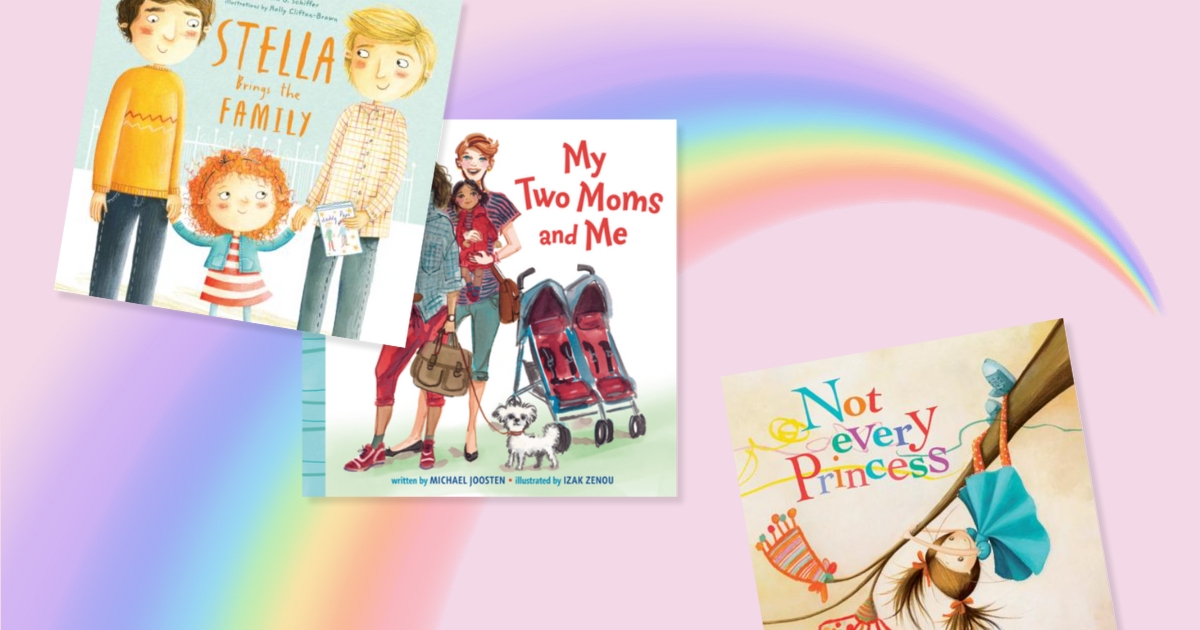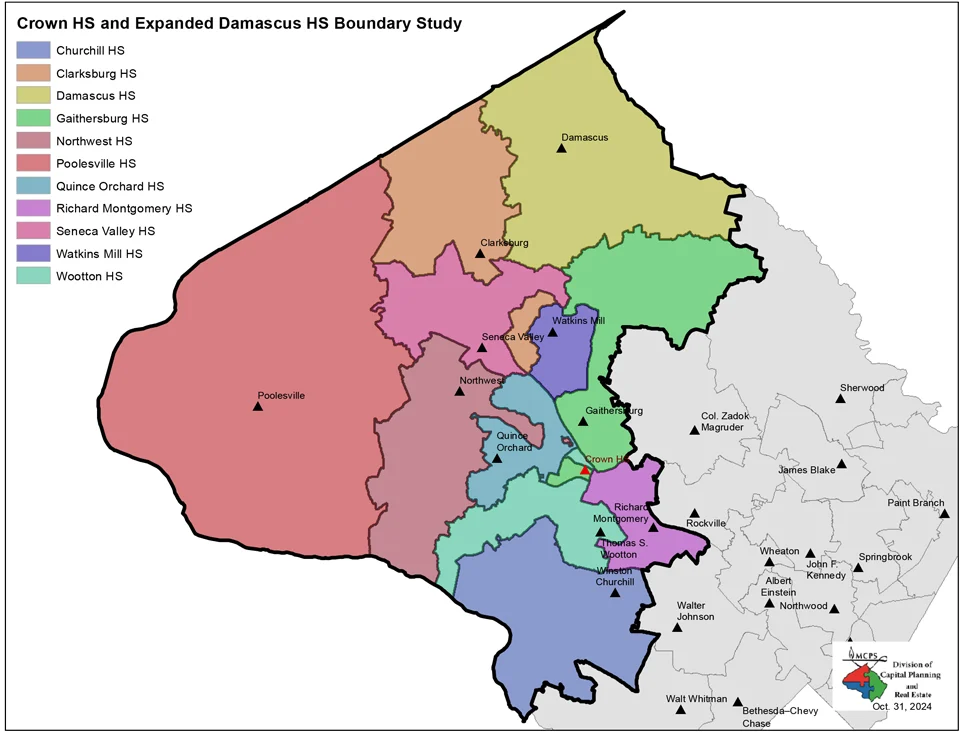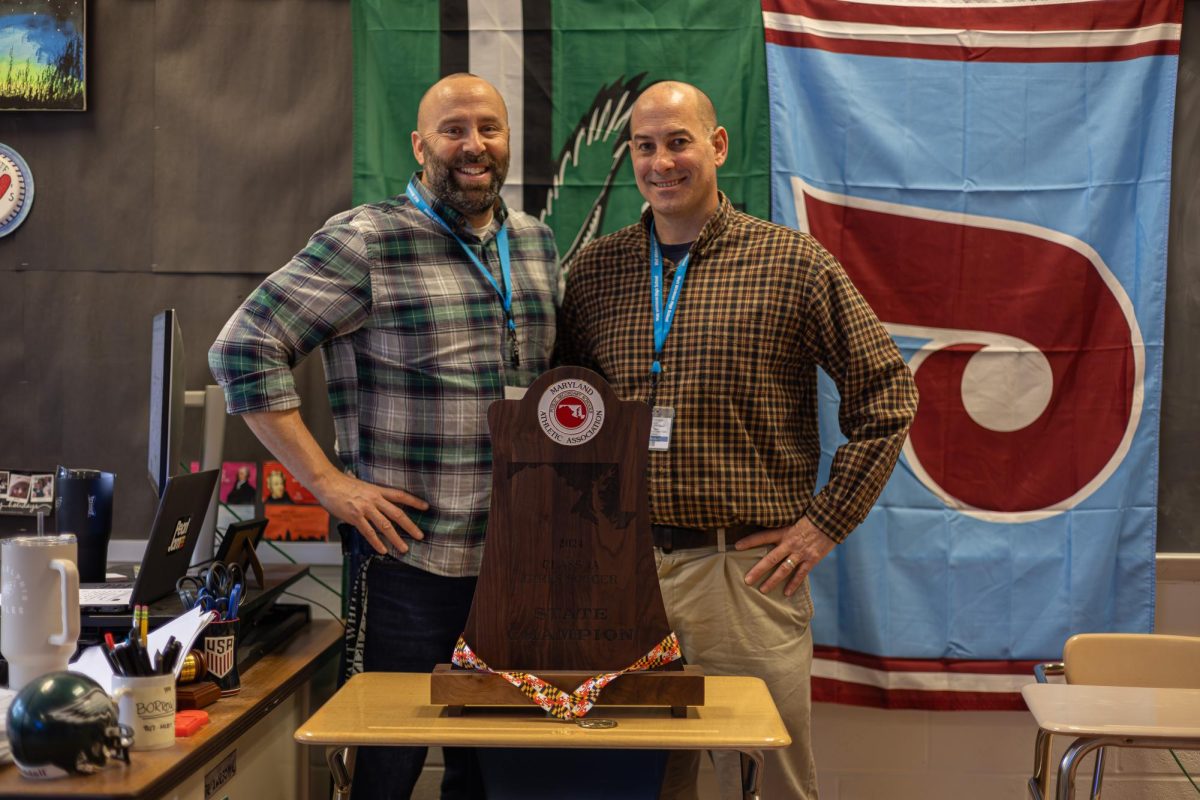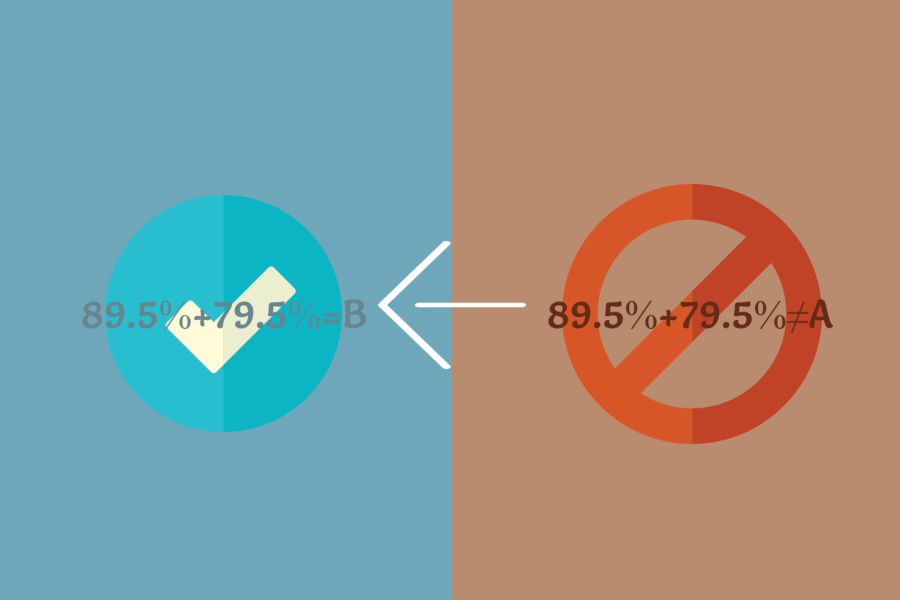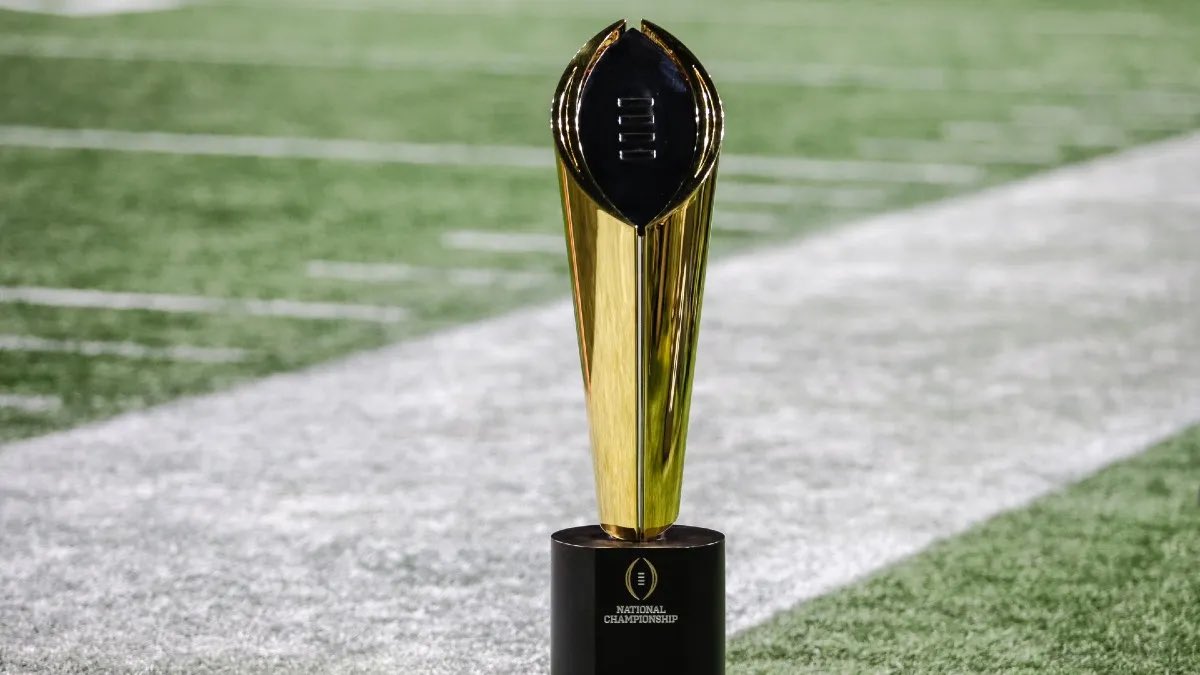The Supreme Court agreed to address a lawsuit against MCPS regarding English curriculum books with LGBTQ+ content, Jan. 17. The parents filing the lawsuit claimed that MCPS violated their religious rights by introducing reading materials featuring same-sex relationships or characters. The lawsuit was founded in response to an MCPS policy prohibiting parents from opting their elementary school students out of lessons with books featuring LGBTQ+ characters and themes.
In the 2022-2023 school curriculum, MCPS provided increased reading materials that reflect the county’s diverse population, including its LGBTQ+ residents.
The Montgomery County Pride Family CEO and Executive Director of Live In Your Truth, Phillip Alexander Downie, shared the impact book bans have on students and educators.
“When books disappear from shelves, so does the affirmation that every student deserves to see themselves reflected in their learning environment,” Downie said. “We’ve also witnessed teachers and librarians facing harassment for simply ensuring diverse books remain accessible.”
Following MCPS’s diversity initiative, six parents requested that MCPS notify them when teachers use reading materials with LGBTQ+ characters in their child’s class. Parents argued that these storybooks violated their religious freedom and were inappropriate for elementary schoolers. Teachers and principals initially attempted to accommodate parental opt-out requests, not all of which claimed religious reasons, but the resulting absenteeism grew to a concerning level. Associate superintendent Niki Hazel commented that opt-outs have led to high student absenteeism, causing teachers significant classroom disruptions and undermining MCPS’s educational mission.
In March 2023, MCPS announced that they would not permit parents to opt out of lessons that included LGBTQ+ storybooks. This decision sparked a significant backlash from parents, with over 1,000 signing a petition to reinstate MCPS’s parental opt-out policy when instructors use storybooks featuring LGBTQ characters.
A group of religious parents, represented by the Becket Fund for Religious Liberty, first filed a lawsuit against MCPS in May 2023, claiming that MCPS violated their religious rights by eliminating their opt-out policy when LGBTQ characters are present in storybooks. However, a federal district court denied the parents’ request, Aug. 9, 2023. The 4th U.S. Circuit Court of Appeals later upheld this decision. The court was divided over the case, but the majority found that the parents did not provide sufficient evidence to prove that MCPS violated the parents’ religious rights by revoking the opt-out policy.
The parents petitioned the Supreme Court in September 2024. Five months later, the Supreme Court officially took the case, although it has not set a date for the arguments.
This lawsuit reflects a growing attempt to ban books with LGBTQ+ and BIPOC characters nationwide. During the 2023-2024 school year, over 10,000 books were banned in public schools, an almost 7,000 book increase from the over 3,000 banned books in the 2022-2023 school year. In the 2022 fall semester, Florida and Texas were the leading states in book bans.
In addition to book bans, there has been a growth in soft censorship, where targeted books are authorized to be purchased but only placed in restricted areas, not prominently displayed.
In one survey, 72% of educators reported that educational engagement declines when their students have limited access to diverse stories. In that same survey, educators shared concerns about declining student interest in literature and literature analysis.
Outside of student engagement, book bans limit children’s intellectual and emotional growth, stifling critical thinking skills and reducing empathy. Book bans have narrowed curriculum choices, and teachers have struggled to create a lesson plan that both fulfills school requirements and abides by book bans.
“The core of these efforts is not about parental rights,” Downie said, “it’s about erasing identities and limiting students’ ability to engage with diverse narratives.”
We reached out to the Becket Fund for Religious Liberty, and they declined to comment.



